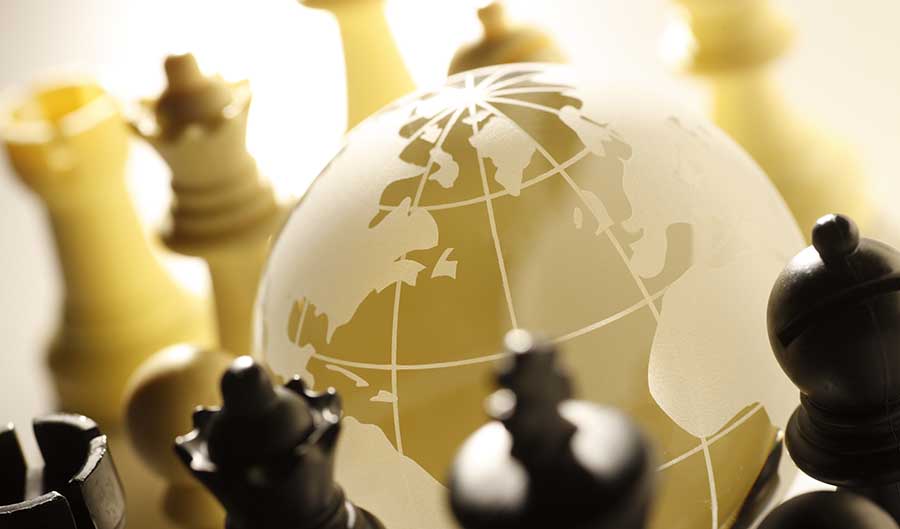
Jia Qingguo, Director and Professor, Institute for Global Cooperation and Understanding, Peking University
Jul 09, 2022
From the Chinese perspective, the future international order is likely to see both continuity and change. Despite its flaws, it is better than any alternative. It’s time for world leaders to wake up and work together to defend and improve the system.
Joseph S. Nye, Professor, Harvard University
Jun 17, 2022
When Russian President Vladimir Putin ordered his invasion of Ukraine on February 24, he envisaged a quick seizure of Kyiv and a change of government analogous to Soviet interventions in Budapest in 1956 and Prague in 1968. But it wasn’t to be. The war is still raging, and no one knows when or how it will end.
Joseph S. Nye, Professor, Harvard University
Jun 17, 2022
When Russian President Vladimir Putin ordered his invasion of Ukraine on February 24, he envisaged a quick seizure of Kyiv and a change of government analogous to Soviet interventions in Budapest in 1956 and Prague in 1968. But it wasn’t to be. The war is still raging, and no one knows when or how it will end.
Huang Jing, University Professor at Shanghai International Studies University
Jun 17, 2022
The Russia-Ukraine war has had a direct impact on China-U.S. relations, with American rhetoric putting China in a difficult position. Going forward, prevention of conflict between the two big powers depends not only on their own actions but also on the entire international community.
Huang Jing, University Professor at Shanghai International Studies University
Jun 17, 2022
The Russia-Ukraine war has had a direct impact on China-U.S. relations, with American rhetoric putting China in a difficult position. Going forward, prevention of conflict between the two big powers depends not only on their own actions but also on the entire international community.
Yu Xiang, Senior Fellow, China Construction Bank Research Institute
Jun 16, 2022
The Russia-Ukraine conflict has provided new impetus to the centennial change in global order. Combined with the impact of global pandemic, this conflict has accelerated the transformation of international economic order from a US-dominated globalization process to the globalization driven by coexistence of multiple parallel systems.
Cui Hongjian, Director of the Department for European Studies, China Institute of International Studies
Jun 16, 2022
As a geopolitical confrontation with global implications in the European region, the Russia-Ukraine conflict has an important and complex impact on China-EU relations.
Cui Hongjian, Director of the Department for European Studies, China Institute of International Studies
Jun 16, 2022
As a geopolitical confrontation with global implications in the European region, the Russia-Ukraine conflict has an important and complex impact on China-EU relations.
Chen Dongxiao, President, Shanghai Institutes for International Studies
Jun 16, 2022
The dominant narrative on the Chinese side is that this strategic competition between the two countries reflects the struggles for power, institutions, and perceptions, which will last throughout the rejuvenation of the Chinese nation. In general, it is thus believed that competition and struggle have been adopted as key words for both Washington and Beijing in managing their relations.
Chen Dongxiao, President, Shanghai Institutes for International Studies
Jun 16, 2022
The dominant narrative on the Chinese side is that this strategic competition between the two countries reflects the struggles for power, institutions, and perceptions, which will last throughout the rejuvenation of the Chinese nation. In general, it is thus believed that competition and struggle have been adopted as key words for both Washington and Beijing in managing their relations.